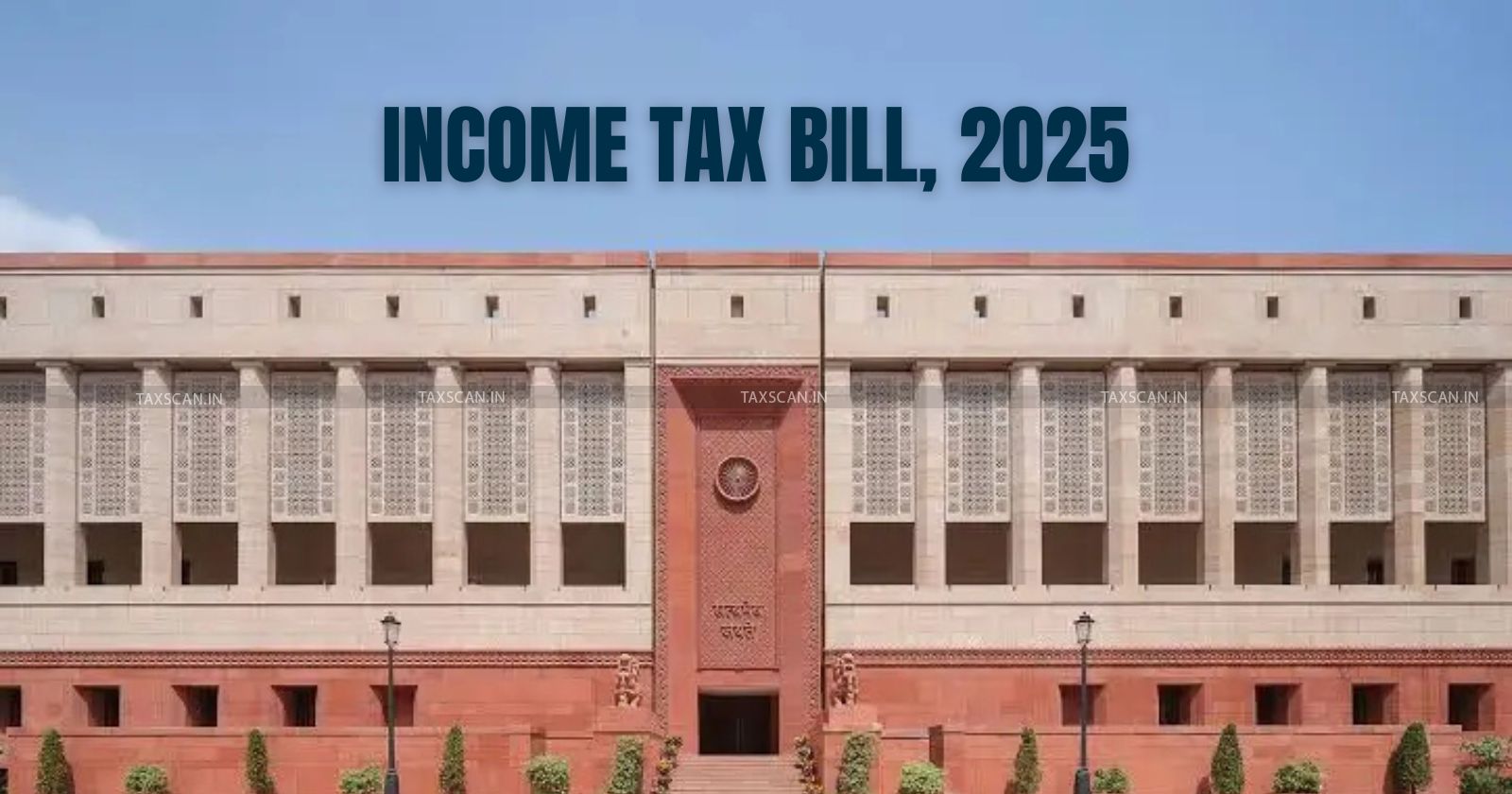SEBI Not Required to Issue Separate Demand Notices for Interest Recovery: Supreme Court [Read Judgement]
The Supreme Court held that SEBI is not required to issue a separate demand notice to recover interest on unpaid penalties once an adjudication order specifies a payment timeline
![SEBI Not Required to Issue Separate Demand Notices for Interest Recovery: Supreme Court [Read Judgement] SEBI Not Required to Issue Separate Demand Notices for Interest Recovery: Supreme Court [Read Judgement]](https://images.taxscan.in/h-upload/2025/07/23/2068132-sebi-sebi-not-required-to-issue-separate-demand-notices-separate-demand-notices-taxscan.webp)
The Supreme Court of India ruled that SEBI is not required to issue a separate demand notice to recover interest on unpaid penalties, as the original adjudication order itself serves as a valid demand for payment.
Jaykishor Chaturvedi and two other appellants were promoter-directors of Brijlaxmi Leasing and Finance Limited, a listed company. SEBI had found them guilty of violating the SEBI (Prohibition of Insider Trading) Regulations, 1992. Penalties were imposed on them through separate adjudication orders dated 28 August 2014, which required payment within 45 days.
 Also Read:CBDT Introduces New ITR Code for Social Media Influencers sparking Debate Among Tax Experts
Also Read:CBDT Introduces New ITR Code for Social Media Influencers sparking Debate Among Tax Experts
The appellants challenged the orders before the Securities Appellate Tribunal (SAT), and then before the Supreme Court, but both appeals were dismissed. Despite this, the appellants did not pay the penalty.
SEBI issued demand notices on 13 May 2022, seeking recovery of the penalty amounts along with interest at 12 percent per annum calculated from the date of the adjudication orders. When the appellants failed to comply, SEBI ordered the attachment of their bank accounts and demat accounts.
Understanding Common Mode of Tax Evasion with Practical Scenarios, Click Here
The appellants’ counsel argued before the Supreme Court that SEBI could not demand interest from 2014, because the original orders did not mention any interest. They further argued that the applicable legal provisions, particularly under the Income Tax Act incorporated into SEBI’s Section 28A, require that interest be charged only after a formal demand notice is issued.
They also argued that Explanation 4 to Section 28A, which allows interest to be charged from the date the amount becomes payable, came into force only in 2019 and should not apply to earlier orders. According to them, the recovery notices of 2022 were the first valid demand notices, and interest should be calculated only after 30 days from those notices.
SEBI’s counsel responded that the adjudication orders themselves clearly stated that payment was to be made within 45 days and acted as valid demand notices.
The counsel argued that under Section 28A of the SEBI Act, which was in force in 2014 and the Income Tax Act’s recovery mechanism already applied. SEBI observed that interest on unpaid dues becomes payable once the payment period expires, regardless of whether interest is explicitly mentioned in the original order.
 Also Read:Select Committee Flags Gaps in Income Tax Bill 2025, Issues 32 Critical Recommendations [Read Report]
Also Read:Select Committee Flags Gaps in Income Tax Bill 2025, Issues 32 Critical Recommendations [Read Report]
Understanding Common Mode of Tax Evasion with Practical Scenarios, Click Here
The bench comprising Justices J.B. Pardiwala and R. Mahadevan observed that SEBI's adjudication orders serve as enforceable demand notices and that there is no requirement for SEBI to issue an additional notice to trigger interest liability.
The court also observed that interest is compensatory in nature and not a penalty. It is intended to make up for the delay in payment and the financial loss caused to the public exchequer.
The court held that the liability to pay interest arises automatically once the payment deadline in the adjudication order is missed. It noted that Explanation 4 to Section 28A merely clarifies the existing position and does not introduce a new rule.
The appellants were liable to pay interest from the date the original penalty became due, not from the date of the later demand notices. The Supreme Court dismissed the appeals and upheld the actions taken by SEBI. The appellants were directed to pay the interest amount within 15 days of receiving the judgment.
Support our journalism by subscribing to Taxscan premium. Follow us on Telegram for quick updates


